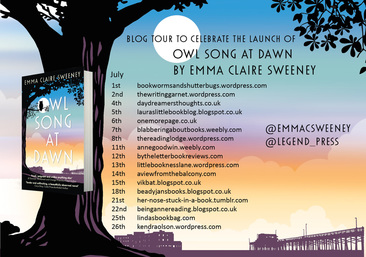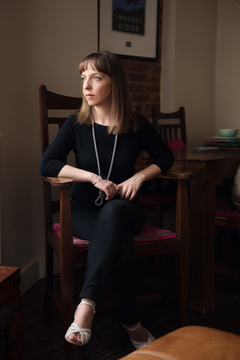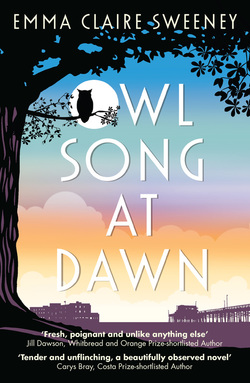

The research for my novel, Owl Song at Dawn, led me to fall in love with a Lancashire seaside resort.
My story began to emerge when I could hear the voices of my main characters: twin sisters born in 1933. Maeve is fêted as the cleverest girl in town and Edie is diagnosed as ‘severely subnormal’. But they both spoke with Morecambe dialects. This posed a problem because I had never set foot in the town.
Since I hail from Birkenhead, I tried to relocate my novel to the Wirral’s coastline. But, try as I might, Maeve and Edie refused to morph their Lancashire dialects into Scouse.
I formed a clear picture of the pair of them in the 1950s at the lido and fairground and pier, and, at first, I sought to get away with locating the novel in an unnamed northern town. One of my early readers had lived in Morecambe, however, and she recognised her former home. She couldn’t understand why I’d chosen to disguise the inspiration behind my setting.
At this point, I accepted that I’d simply have to put in the hours, investigating Morecambe’s history from 1933 to the present day. No more excuses: I’d simply have to get it right.
My research included lots of reading, of course, but also enjoyable stays in Yacht Bay View; interviews with long-time residents; meetings with local historians; and drawing up detailed maps of the places my characters frequent.
I came across a fabulous coffee table book called Morecambe’s White Hope about the history of the Midland Hotel – a glamorous Art Deco building situated right at the edge of the bay. It was built in 1933 and was host to big band dinner dances and bathing beauty competitions. From the 1960s onwards, however, its fortunes turned, and it ended up standing derelict for decades. But it reopened its doors in 2008, restored to its former glory, offering me the perfect excuse to sip a cocktail in the Rotunda Bar as the sun set over the crashing waves. The grim neglect suffered by the Midland seemed a good symbol for the abandonment that the twins may have also endured. And, just as the hotel was granted a last-ditch reprieve, in her dotage, one of my characters is also offered a final glimmer of hope.
All of these thoughts had developed during my visits to Morecambe, but I had been drafting and redrafting for some time before the reasons behind my fascination with the town finally dawned.
My sister had spent a few years at Beaumont College in Lancaster – a college for people with cerebral palsy and associated disabilities – and they used to take trips to the seaside. On some subconscious level, Morecambe is a town that I associate with my sister and her disabilities: a welcoming place where she experienced the happiest of times.
Thanks for sharing, Emma. For those who don’t share my interest in Morecambe, here are some other reasons you might like to read Owl Song at Dawn.






















 RSS Feed
RSS Feed





















